Climate change is a topic of growing importance for our children. The impacts are far-reaching, and unlike previous generations, the effects of climate change will touch every aspect of their lives. It’s important to understand how to talk about climate change with children in a way that is respectful and empowering. We should equip them with the tools and knowledge they need to become informed, responsible citizens who will contribute positively to society as adults.
Find out what they already know
Before you get into the nitty-gritty of climate science, it’s important to ask your child what they already know about climate change. What’s their understanding of how human activity has affected our planet? Do they know that if you throw trash on the ground, it can end up in landfills or make animals sick? What about recycling—does your child know why it’s important to return glass bottles and aluminium cans to the store instead of throwing them away? There are lots of ways we can help our children become more aware of environmental issues in their everyday lives.
By getting an idea of what your child knows before you dive into a lesson on global warming or sustainability practices, you’ll be able to tailor your teachings based on their level of comprehension. For instance: if they’re unfamiliar with recycling or have never heard about climate change before, start there! Get them excited by explaining how easy it is for us all to make small changes that add up over time (like switching out plastic bags for reusable ones). And then move on to bigger ideas like carbon dioxide emissions and greenhouse gases…
Research child-friendly resources
When educating your children about climate change, look for resources that are fun and interesting to them. Make sure the information is age-appropriate as well. Be sure to find resources that you or they can access easily and free of charge. This will ensure that you don’t have to keep buying books every time you want to teach your kids something new.
Create positive experiences for your children around nature, and empower them with the knowledge of the impact their actions have on the environment.
There’s a lot to be gained from exposing your children to nature. They’ll learn about the world around them, and how important it is to protect it. If you don’t have enough time in your own day-to-day life for outdoor activities like biking, hiking, or gardening, consider taking your kids with you on your errands and outings. That way they can see what types of wildlife live near you and meet some new animals face-to-face!
Relate climate change to their everyday lives
You can help your child understand the importance of climate change by connecting it to aspects of their daily lives. Start with something simple and familiar, like recycling or energy use in the home. This will help your child understand that all of us can make a difference in how we live our lives. For example, you could talk about how food shortages due to droughts and flooding are affecting prices. Or you could explain how extreme weather events such as hurricanes, tornadoes and heat waves are becoming more frequent. You can also discuss how animals that migrate might have to alter their route because of changing temperatures or sea levels.
Focus on solutions and empowering them to take action
- Focus on solutions and empower them to take action. The best way to get kids excited about climate change is by focusing on the positive—how they can help out, rather than all the negative effects of global warming. If you start your conversations with a focus on what’s wrong with the world, they may feel overwhelmed and helpless. Instead, give them a sense of purpose by encouraging them to do something about it. Encourage your children to find creative ways in which they can be part of the solution; this will make them feel empowered and confident in their abilities to make a difference.
- Give them a sense of ownership or agency over their actions: A lot of times when we’re talking about climate change with young people, we focus exclusively on adults as if children aren’t actually capable of taking actions themselves or aren’t valuable contributors toward making our world better for everyone (even though there are lots!). So start off by getting into specifics—what exactly would have happened if someone had decided not just one but several things differently? How did that affect each individual person? And how did those decisions reach down into other people’s lives?
Even though it may seem like a difficult conversation to have, it’s important to discuss climate change with your kids. They may already be aware of the issue, and opening up a dialogue about how they feel can help create an opportunity for you to talk about solutions. Emphasise that we all have a role to play in protecting our environment from climate change. You can also try taking action together as a family—what better way to empower your child than by showing them that they really can make a difference?

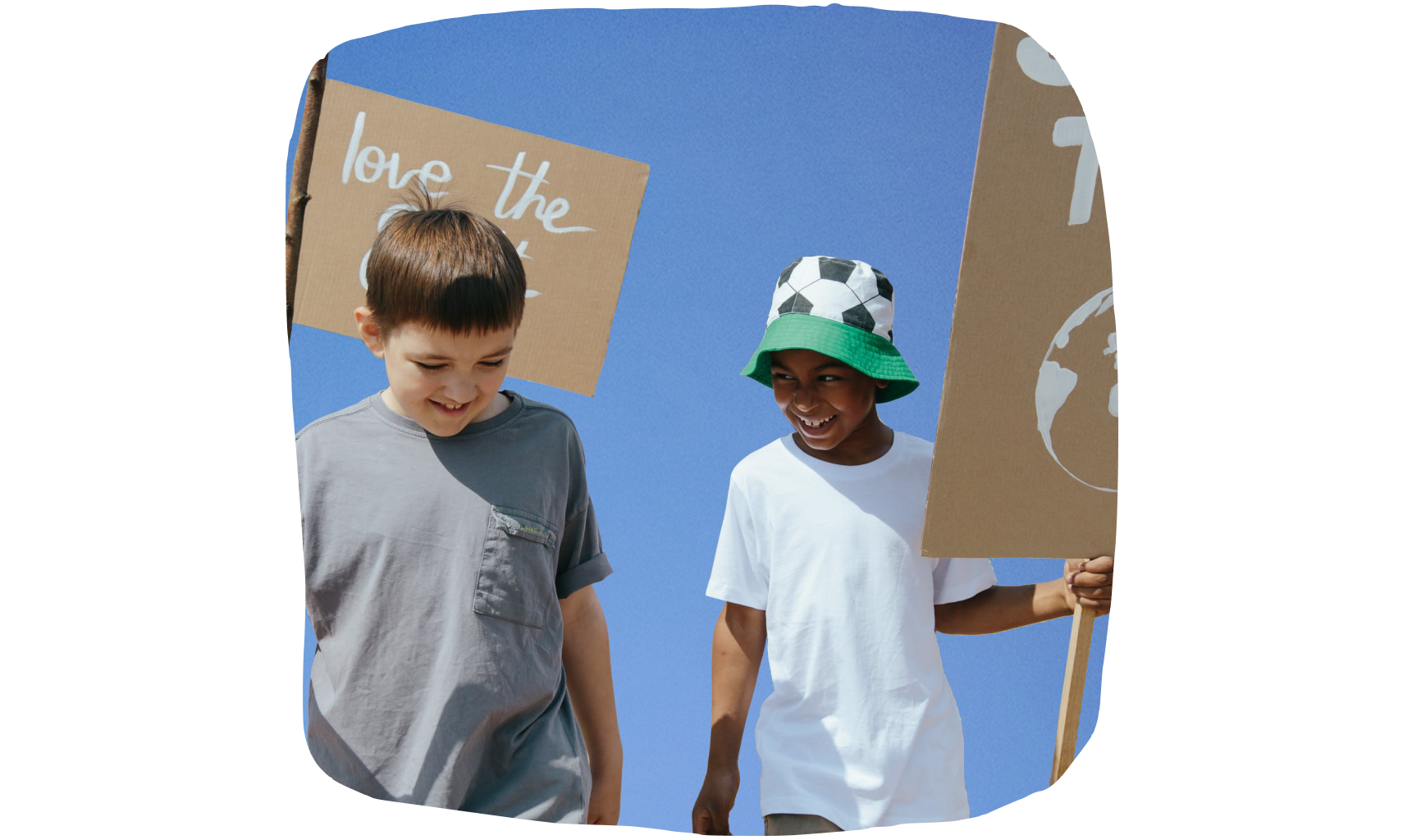

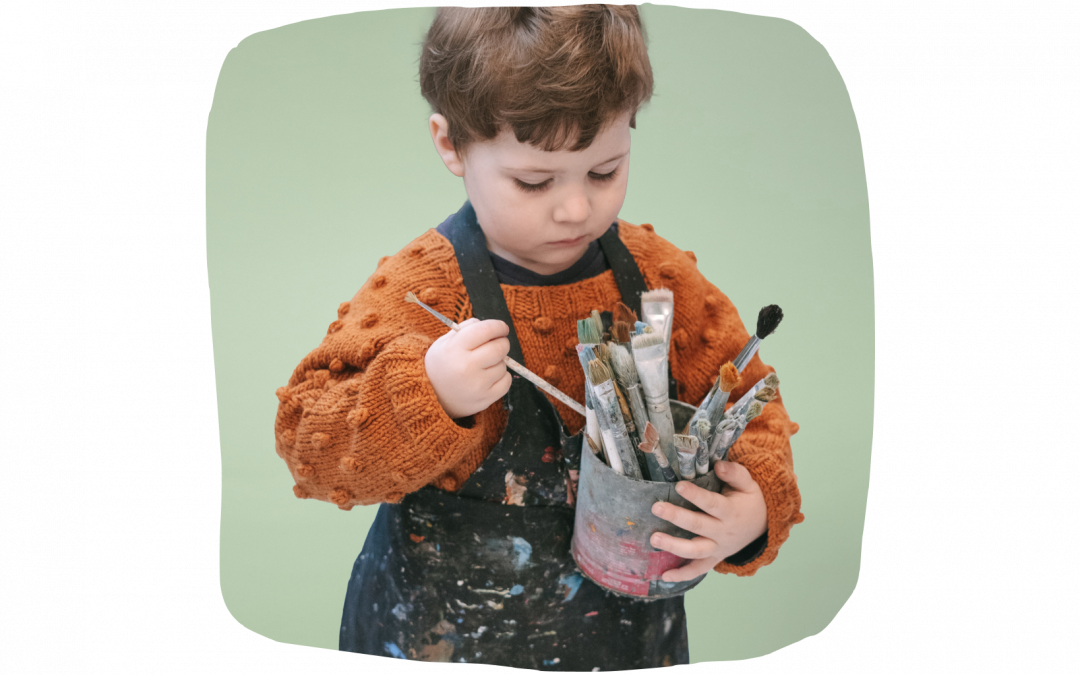
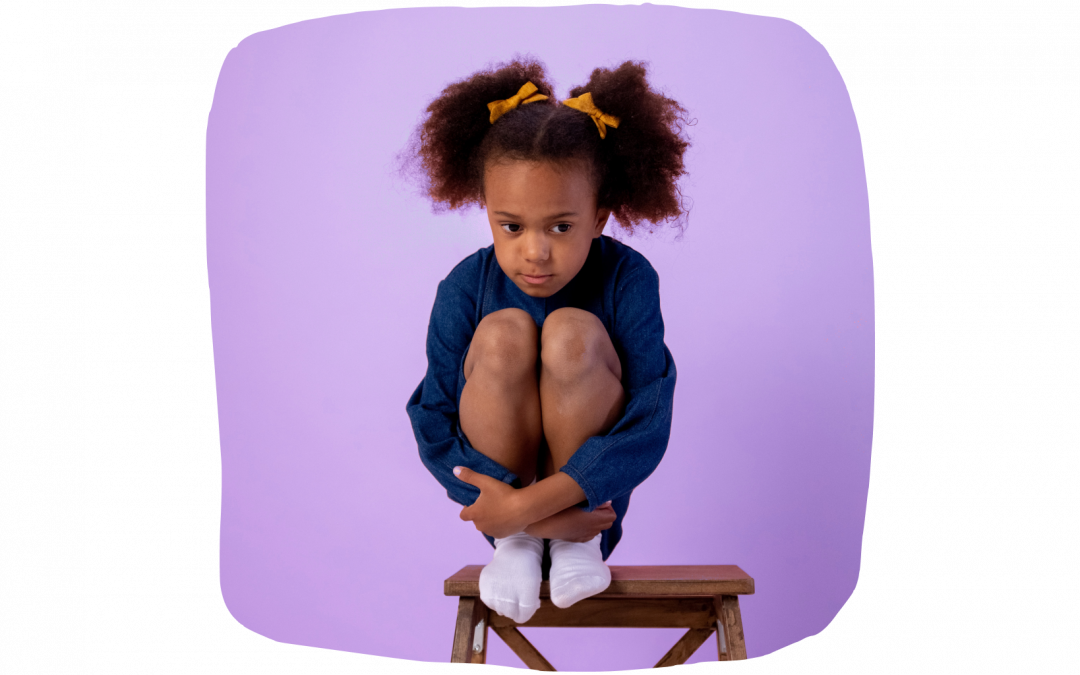
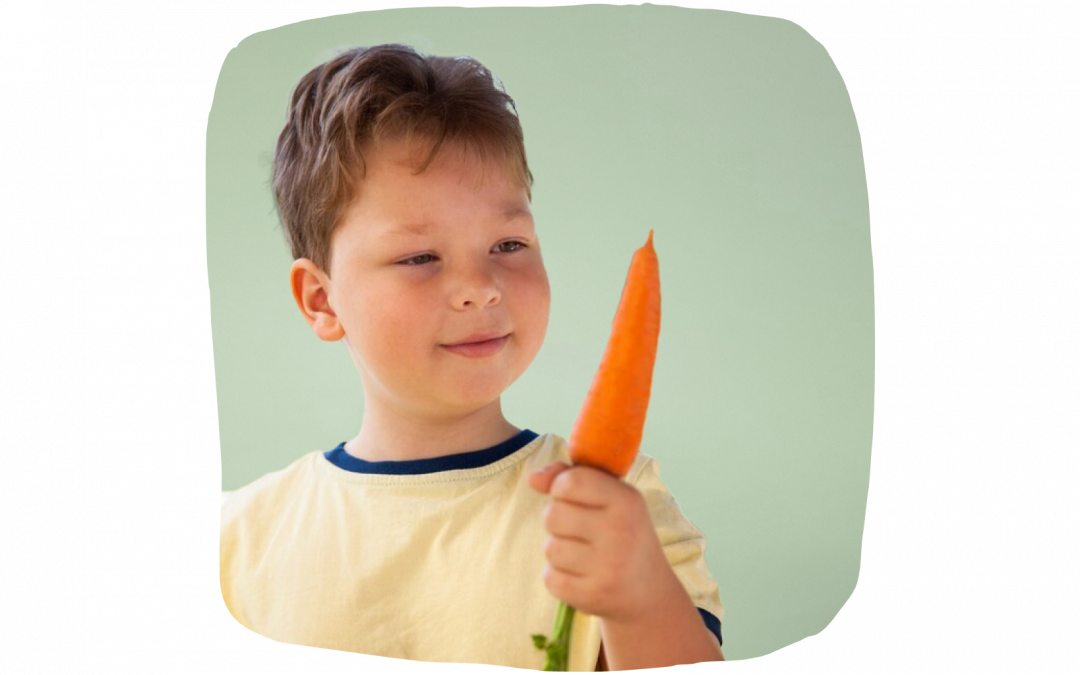
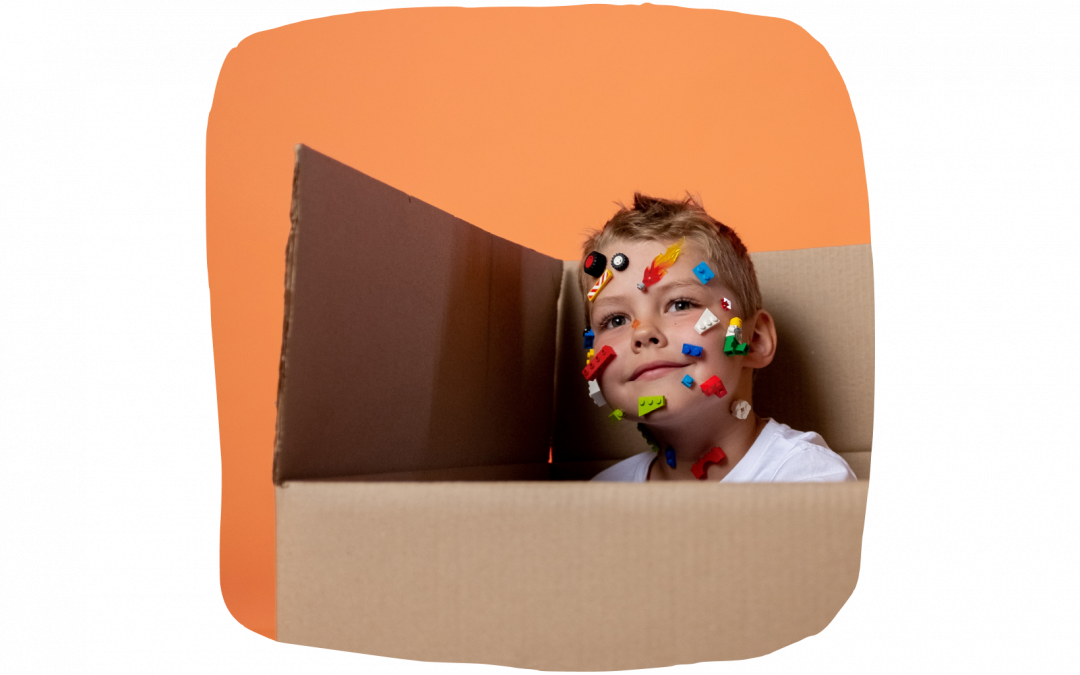
0 Comments